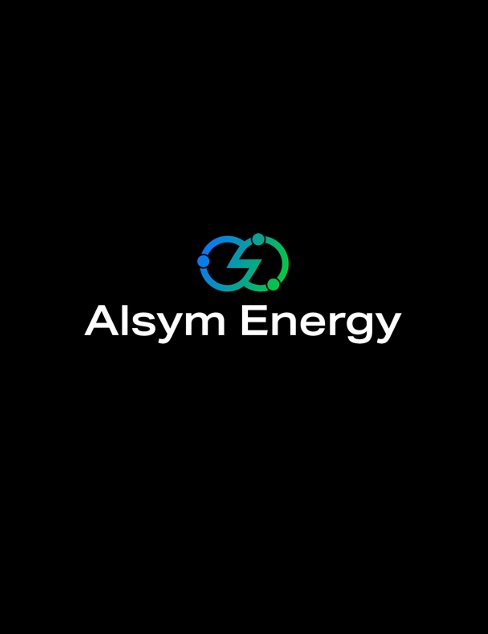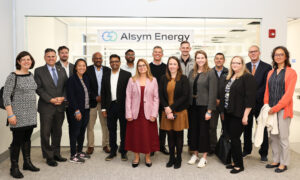
WOBURN, MASS., August 20, 2024 — Alsym™ Energy, a developer of high-performance, non-lithium, non-flammable, cost-effective batteries for stationary storage applications, has been chosen as one of 12 companies to participate in the U.S. Department of Energy’s (DOE’s) inaugural Storage Accelerator Voucher program. The selection will provide Alsym access to Stanford University’s High Precision Materials Characterization Tool.
The program, a component of the Energy Storage Grand Challenge, provides selected recipients 40 hours of time with DOE’s national laboratory experts to address technical hurdles in the energy storage technology commercialization process. Recipients include start-ups, utilities, EV innovators, builders, and electricity industry entrepreneurs.
“This is an impactful win for the Alsym team, and we appreciate the DOE’s recognition of Alsym as a company well-positioned to address some of the nation’s largest energy storage challenges,” said Mukesh Chatter, CEO and co-founder of Alsym. “The opportunity to work with a DOE National Lab is significant, and we’re excited to collaborate with SSRL to accelerate our continued progress towards commercialization of Alsym Green. This type of innovative and agile partnership from the DOE is exactly what the energy storage industry needs to be successful. We’re proud to be one of the inaugural recipients of the Storage Accelerator Voucher, and hope to see this program continue to expand.”
Alsym Green is a high performance, inherently non-flammable and non-toxic battery technology that is an affordable alternative to lithium-ion and can be applied to a range of stationary storage applications including utility grids and microgrids as well as industry, mining, defense and residential.
The Stanford Synchrotron Radiation Lightsource (SSRL) within the Stanford Linear Accelerator Center (SLAC) identifies and develops materials to improve the performance of batteries, as well as fuel cells and other energy technologies. Alsym will utilize SSRL’s High Precision Materials Characterization Tool to obtain an intimate depiction of cell material operation.



